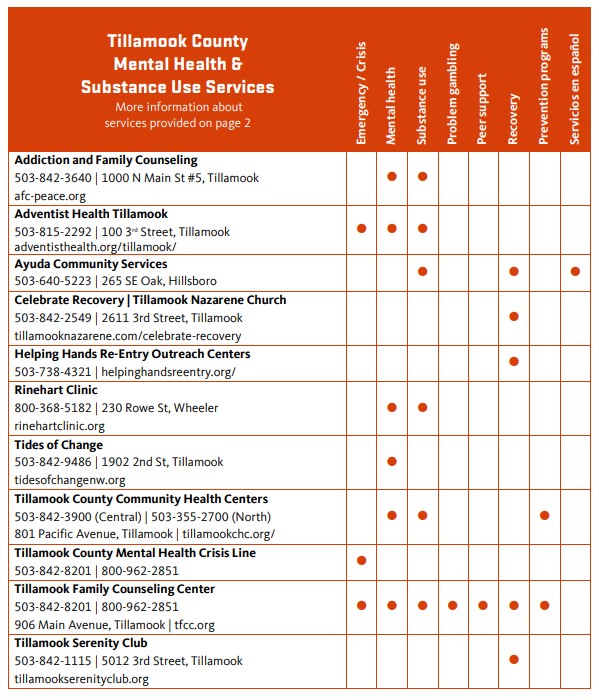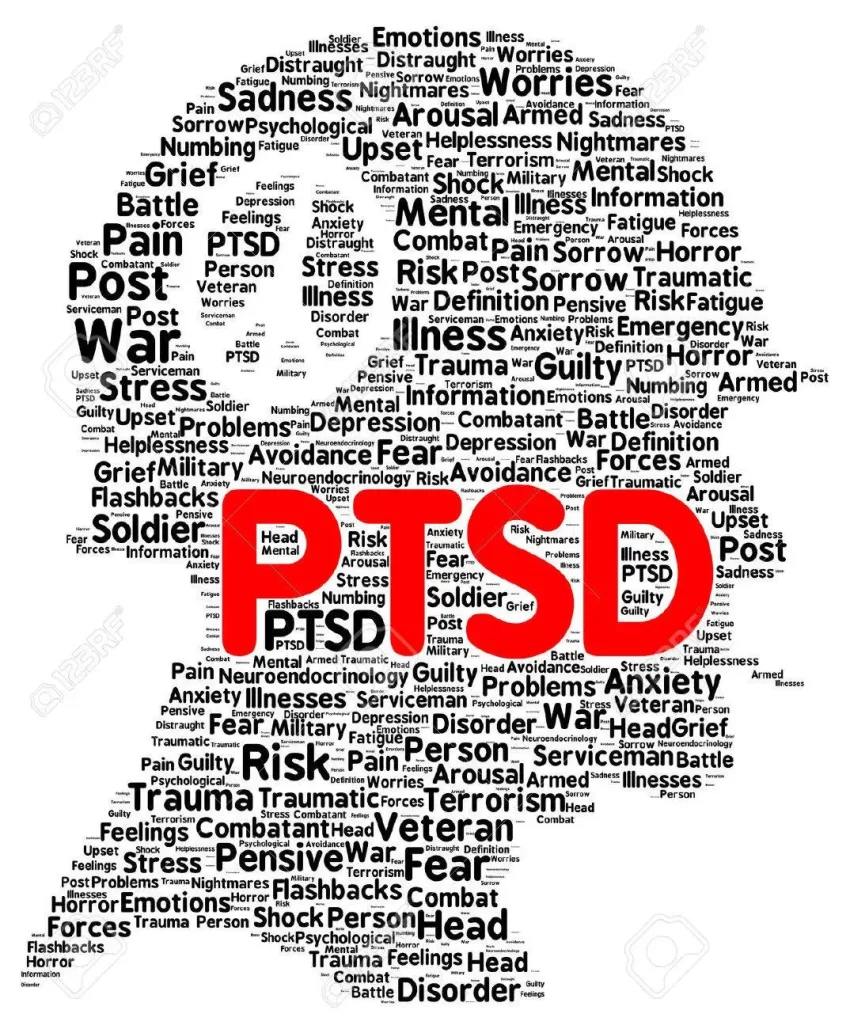 By Jan Boal
By Jan Boal
Post traumatic stress disorder (PTSD) is a diagnosis given to someone who has experienced a traumatic event or a series of events. This results in recurring constant, involuntary, intensive destressing memories of the trauma while awake or in dreams causing nightmares. Leaving the individual debilitated unable to function wholly with day to day activities. Many scenarios can cause PTSD from a motor vehicle accident, physical, emotional, sexual abuse or witnessing domestic violence to those engaged in war. Everyone is different and responds differently to trauma. What one victim may be able to walk away with little residual effects another might be plagued with post-traumatic stress disorder. There should never be judgment about one person’s experience to another’s. For this article, I will focus on veterans and this disorder.
Symptoms of PTSD may present in various ways such as dissociative reactions (flashbacks) in which the individual feels or acts as if the traumatic event were recurring. One may even be at a complete loss of awareness of this or their surroundings. There can be actual physiological reactions to internal or external triggers such as rapid heart rate, profuse sweating, feeling of dread or paranoia.
Sounds, smells, objects can trigger these responses. Severe anxiety, depression, anger, irrational outbursts or guilt and shame are common emotions. Isolation is common, not engaging much with family and friends.
The effects of war have significantly damaged the lives of many veterans (not excluding civilians). The Veterans Administration has a slogan “22” which refers to how many of our soldiers die by suicide daily upon returning home. It is an estimation that many believe is about half of the actual numbers, ranging closer to 40 a day. “Accidental overdose” does not count as suicide and yet this is how many of our veterans are dying within a few years returning home from their military service for our country. Loved one’s report how the veteran is not the same person from when they left for duty. Many of those that served often return in chronic pain from injuries sustained in the line of duty. They are a shadow of their former selves due to suffering from post-traumatic stress symptoms.
Treatment for PTSD is an ongoing frustration for veterans and their families. The veteran is usually started on medications to help with these symptoms and that for many this does not work. There are only two medications that have been approved for the use of PTSD, Zoloft and Paxil. Many veterans do not find these beneficial. Often a veteran usually starts on three medications to help with mood, anxiety and sleep. Within a year they may be up to taking ten medications which barely scratch the surface of this disorder. These can be mood stabilizers, pain medications, benzodiazepines for anxiety, something for sleep and something for nightmares. The result is leaving the veteran drugged, slow in thought, lethargic, apathetic and still quite anxious, nervous, hopeless and withdrawn. Yearly, 8 million in the US suffer from PTSD . The VA spends approximately 17 billion dollars a year for disability payments to over 1 million veterans. Yet, veterans are advocating for better treatment for this diagnosis such as cannabis and other new alternative therapies.
New therapies are having success in treating this disorder. One of which is the use of cannabinoids which veterans are fighting for its legitimacy. Many have found significant relief from pain, anxiety and isolation. Even being able to be off all prescribed medications. We have an endocannabinoid system with receptor sites throughout our body that make this plant medicine so effective. Families share they see benefits of this plant with their loved one returning to parts of their former self. This is not a fix all. But it can aide significantly without the side effects of pharmaceuticals. Cannabis allows the veteran to be able to be engaged to then work with other therapeutic modalities. These may include eye
movement desensitization and reprocessing (EMDR) therapy, cognitive behavioral therapy or exposure therapy to name a few. New and upcoming therapies are showing promising results as well such as MDMA, psilocybin, Ketamine allows the veteran to work through the trauma with specialized therapists.
Recommendation – Award winning documentary, UNPRESCRIBED – Veterans with PTSD – very powerful! Grand Jury Prize for Best Documentary at the Los Angeles Motion Picture Festival.
Trauma is real, the effects can be staggering. If you, a friend, or loved one suffers from PTSD please reach out for help and support.
Tillamook County Veterans Services – if you know of a veteran in need, reach out to Nicholas Torres, Veterans’ Services Officer
201 Laurel Avenue (Basement, Room 12)m Tillamook, Oregon 97141
Telephone (503)842-4358
Hours Monday-Friday 8 a.m.–5 p.m.
https://www.co.tillamook.or.us/veterans-services
Positive Vibes Holistic Care
janboalrn@gmail.com
janboal.com



